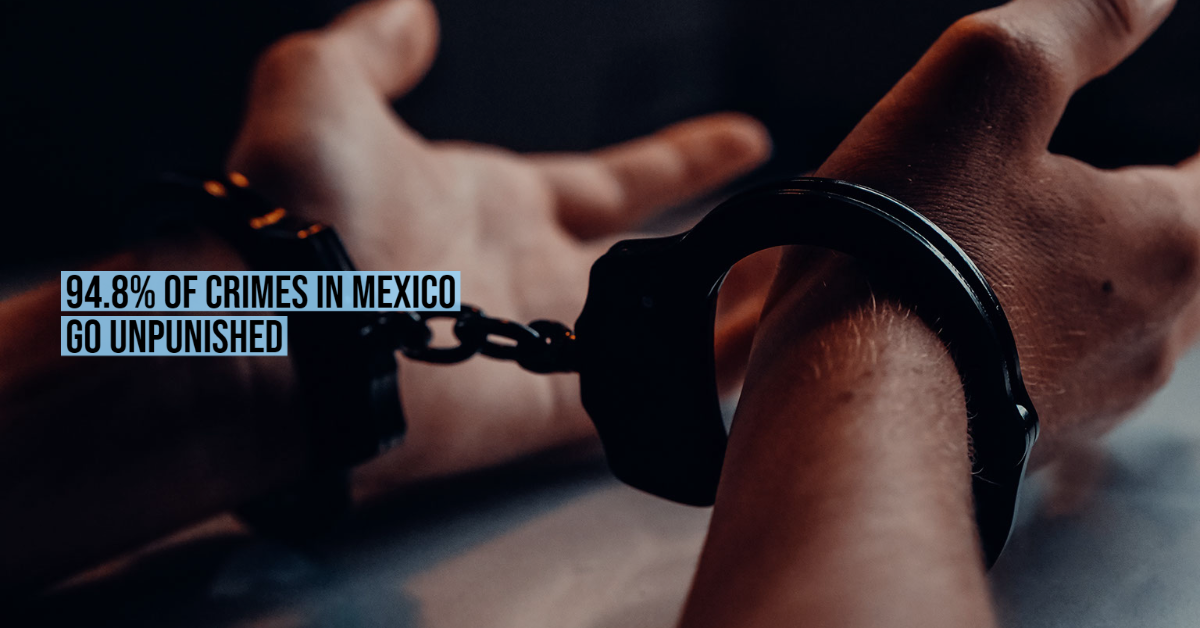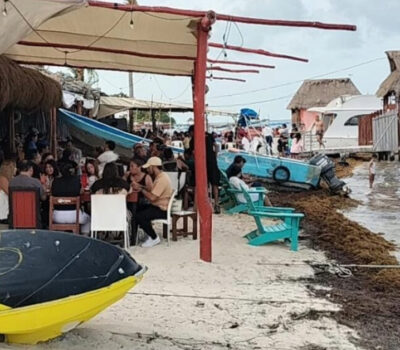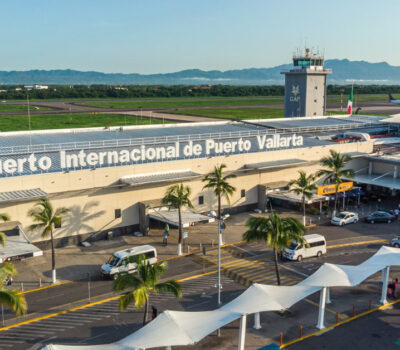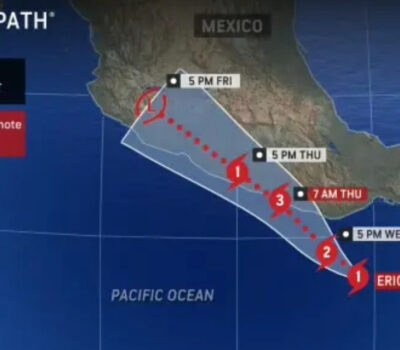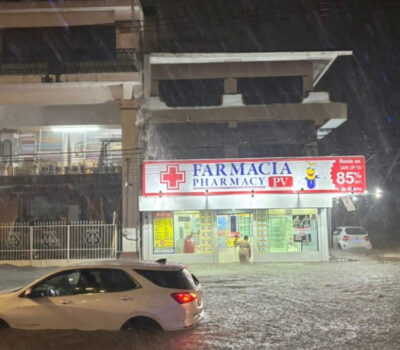The fight against corruption, the persecution of criminals, is of little use to reduce the enormous numbers of violence that Mexico has endured for almost a decade — almost 100 murders a day — if the vast majority of cases are not resolved. An extensive report by México Evalúa, which reviews the official information on the work of prosecutors and judges in 2020, throws up shocking data: 94.8% of crimes go unpunished. Not a sentence, but not an agreement between the parties, or reparation of the damage, in many cases they do not go to trial and are stranded in the temporary file. The figure has increased since 2019, which already handled 92.4%. Impunity grows with prosecutors suffocated by the number of files and fuels the assurance that killing, extorting, kidnapping, or disappearing in Mexico comes out practically free.
The coordinator of the report, Chrístel Rosales, explains that the main problem that has prevented solving the burden of impunity is that there is no protocol for prioritizing cases in the Public Ministries. The meager budget is not managed efficiently and the cascade of complaints is dealt with in no order. According to their studies, at least 30% of crimes could have been relieved by alternative justice, but there is hardly that filter. “They give the same priority to a disappearance or homicide as to a petty theft,” he explains. The lack of strategic vision in criminal policy, says the researcher, causes that only one in two cases receives some type of response from the prosecution, and of those that do, 60% are archived. “In some crimes such as torture or disappearance, impunity is close to 100%,” he adds.
The document warns about the collapse of the investigating agents. On average, prosecutors start 145 folders per year per person, but there are cases like Nuevo León, where this figure rises to 456 investigations per prosecutor; or Sonora, with 326. And not only the public ministries are exceeded, but also the experts – the scientific personnel in charge of contributing technical elements to the investigation. At the federal level, each technician attends at least 160 requests for expert analysis or studies, but at the local level, more than 448. The figures reveal that, therefore, of the total opinions requested, the experts attend less than 4%. “This means that the cases do not become prosecutable, not only due to the workload but also due to the lack of evidence,” explains Rosales. Another deficiency in the system is the lack of judges. Mexico has just over four for every 100,000 inhabitants. In Colombia the figure is much higher, 12; and the same in Costa Rica,
The investigation reviews the implementation of the new criminal justice model, which was definitively installed in 2016 and which went from an “inquisitorial” model to one consistent with human rights, where the presumption of innocence is respected. Until that year, Mexico maintained a practically medieval scheme, where the prosecution had all the instruments and there was no debate in the trial. Before, the accused had to prove that he was innocent, guilty until proven innocent. “What we observe after five years is that many bad practices of the previous system are maintained, which end up slowing down the progress of the cases. It is not a problem of system design, but of operation”, adds Rosales.
A local judge says in the courts, the joke has always run that the police are sponsored by the Tramontina brand of knives, the most common cutlery in any Mexican home. “It only takes a knife for a minor robbery or a suspected drug dealer to enter preventive prison and the public prosecutor thus gains time to investigate the case,” he said. Later, on some occasions, the defendant manages to prove that this knife was not his, there are no traces, “they planted it on me.” And he is acquitted by another judge. Until a detainee reaches that point, they can spend two years in jail as an innocent person.
The report warns of an increase in preventive detention of 21% in the last year. A tool that gives prosecutors 24 months of margin to complete the investigation, but that the new penal system sought to avoid because the prisons were full of innocent people. The document also warns of the abuse of the abbreviated procedure – a mechanism by which a defendant quickly pleads guilty without the need for a trial and in return gets a reduction in his sentence – which has grown by 16%. “This tool gives rise to the old practice of making culprits. Where it is sought that people assume responsibility and receive a sentence even if they have not participated, with the aim of closing the case and choosing the lessor of two evils”, adds Rosales.
The rights of the accused are not guaranteed either. Each public lawyer carries 152 clients on average, although there are entities with more dramatic data, such as Veracruz, where the State ombudsman is almost a utopia. Also, the report records that one in four arrests were illegal. And the analysis also records a gap between the gender of the accused.
Women accused of any crime are more likely to be sentenced to preventive detention (50%, compared to 40% of men). Also, the report has detected that higher penalties have been imposed on women. Of the total number of convicts who receive sentences of more than 21 years in prison, two-thirds are women. “A more punitive justice is being applied against women and this without counting that from the first moment a woman faces justice, from her arrest, the rights that are guaranteed to her are lower than men: they suffer more threats with harm to a family member, they are less informed about their rights, they are more pressured to give another version of events and they have less chance of contacting a public lawyer”, Rosales says.
Despite the national figures, there are some states in the country that have improved their data in recent years: Zacatecas, Querétaro, Nuevo León, and Coahuila, have become pioneers in the application of protocols that seek to reduce impunity. Despite the fact that some of them handle the highest violence figures in the country, their institutions have been strengthened. “There are the clues to follow for the rest,” says Rosales. And he sends a message to the federal government: “As long as we do not see the reality of what is happening, we are hardly going to reverse this situation. More than proclaiming the fight against impunity and corruption, they should strengthen the system, seek consistency. Well, it seems that we see a very different world ”.
The fight against corruption, the persecution of criminals, is of little use to reduce the enormous numbers of violence that Mexico has endured for . . .

